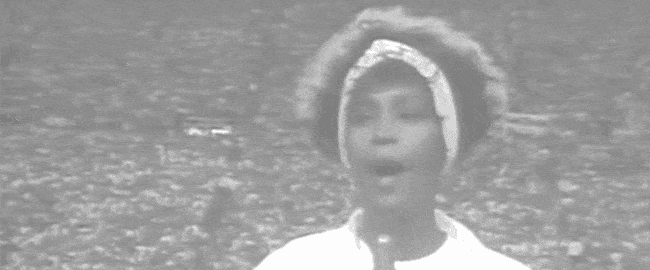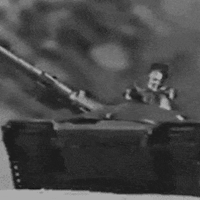
(Leo Wieling/Unsplash)
I have to admit, there are days that a newsletter like this feels incredibly small and of little relevance to the broader world. And on the day a traditional superpower invades another country, you don’t get less relevant than that.
This is not the toolkit to dive into more diplomatic or policy issues, and nor the one to discuss the horrors of fresh conflict. But it’s the one I’ve got, and I think in that context, it’s important to consider what we, as external observers, should do when it comes to watching Russia’s attempt to overtake Ukraine.
I think when it comes down to it, when a democracy gets invaded by another country, especially without prior provocation, it is a failure of diplomacy and foresight that led to it. That democratic country had freedom and autonomy, and now it feels like it’s losing that. Beyond the blood lost or the people affected, that is a deeper-level tragedy within this discussion.
As the conflict happens, we are going to see some difficult images, and we are going to find ourselves struggling with the end result of these moments. As a culture, we owe it to ourselves to not turn away, to actually understand this conflict, and not to tune it out. The motivation is strong right now, because it is not pleasant.

(AbsolutVision/Unsplash)
In so many ways, despite the ongoing wars in Iraq and Afghanistan, war has felt distant for these very reasons. We have so many documentaries, so much content about prior wars or prior diplomatic battles that the way we approach war is almost like a pop-culture academic study, rather than a living, breathing thing … especially if those battles are not happening in our backyard. Don’t approach this like the History Channel or another Netflix documentary—it is all too easy to turn this into a pseudo-academic exercise. Treat it like a living, breathing threat. If we don’t, it could culturally harm us by numbing our receptors as to what’s truly dangerous.
(This is why arguments about why you should stop reading news are goddamn dangerous. We can’t just distance ourselves from the difficulties of the world.)
I know the last two years have likely numbed your senses around difficult things. Mine feel a bit numb, too, and that’s part of the reason I’m writing this—to remind myself, and hopefully you, that this is something we need to focus on. (And focus on it with a critical mind, too: Times of war tend to be very prime periods for propaganda and misinformation to emerge. If a piece of information hasn’t been confirmed by multiple sources, don’t present it as fact.)
We live in a world that often works like a pile of shredded puzzle pieces—we need to put them together, but they’ve already been broken beyond recognition. The way we put them back together is through a strong sense of focus.
Don’t lose your focus. That’s what the world’s complex forces want you to do.
Time limit given ⏲: 30 minutes
Time left on clock ⏲: 2 minutes, 33 seconds



